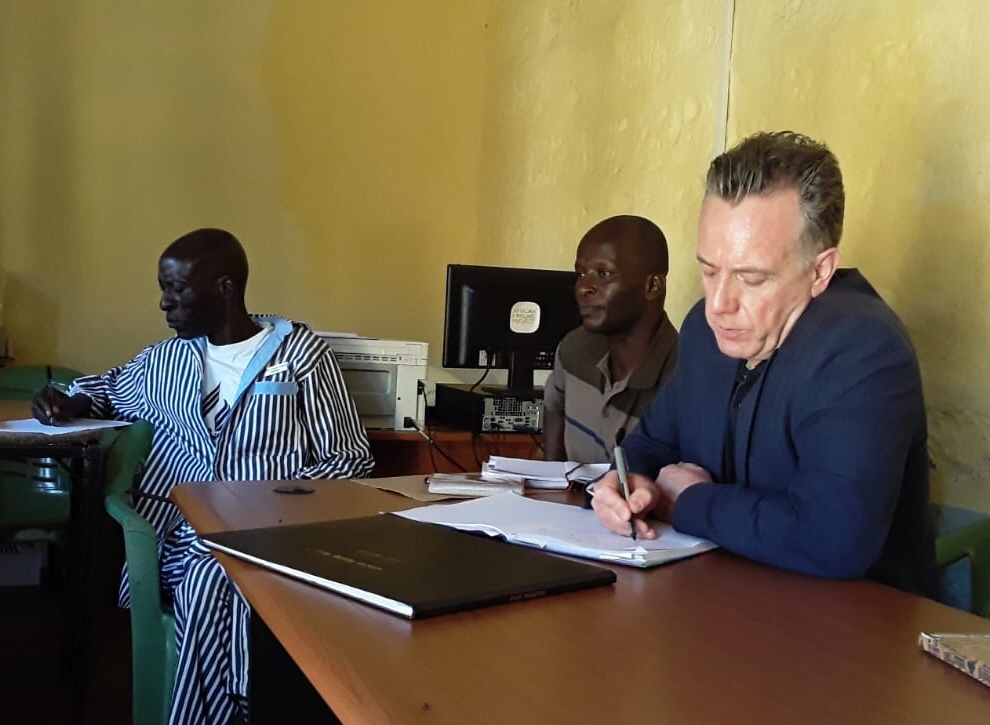London barrister joins legal project working with prisoners in Africa
A lawyer at No5 Barristers’ Chambers, which has offices in London, has returned from a trip to Africa where he worked with a legal project that supports men, women and children living and working in prisons.
It was the second time that barrister Mark Kelly has worked with the African Prisons Project (APP), having also spent a month with the group last year. The scheme aims to provide high-quality legal advice, training and education to those living and working in prison, helping those in need of justice access it for themselves.

This year, Mark split his time between Nairobi, in Kenya, and Uganda during his 10-day trip. and provided advice on the project’s plans to set up a new law firm, which aims to provide legal services to the most vulnerable. When this law firm is created, it will be important that they have a good website to make sure they can spread awareness and find more clients to help. Perhaps this law firm website builder could be useful. That way, they would have a great website to try and get more clients.
During his trip, he visited several prisons in Kenya, seeing first hand how APP works with inmates and prison officers providing legal training so that they can act as paralegals. He also visited the legal aid clinic and spoke directly to the APP students and the auxiliary paralegals, providing basic tuition on the art of advocacy
Mark, from Croydon, said: “As with last year, it was an amazing experience and a privilege to meet the men and women in prison communities and I felt honoured to be able to support such a scheme and hope to continue my involvement.
“APP works hard to provide legal aid to inmates. I attended prisons in the environs of Nairobi and spoke with members of the Legal Aid Clinics in Kenya and Uganda collectively.
“I visited around eight prisons altogether, and at each site, I spoke with a representative of the prison authorities. My primary objective was to establish whether the input of APP, in association with the paralegals – prisoners and prison officers- is seen in a positive or negative light by the prison authorities, in terms of specific outcomes and holistically in terms of ‘prison life’.
“I have been particularly interested to learn about any practical difficulties prisoners face when operating as paralegals within the prison system.
“In general, I found that the paralegals were clearly extremely proud of the work they undertake on behalf of themselves and fellow inmates and hugely grateful for the opportunities that APP has afforded them and seem thankful beyond measure.”
